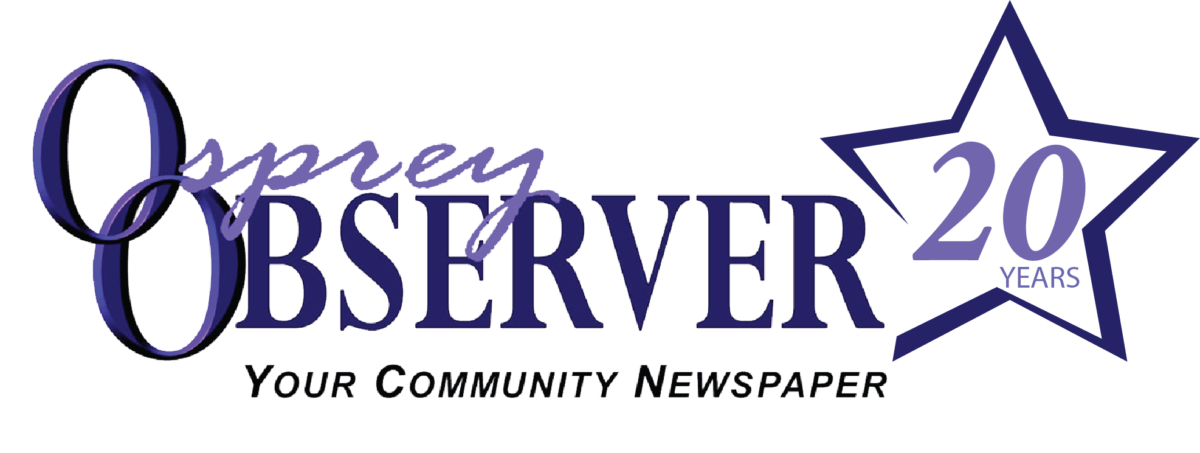Water is among our most valued resources. It is required for survival and is nonrenewable at our current rate of consumption. The Florida 2070/Water 2070 Project (https://1000fof.org/) estimates that we will see an increase of 15 million residents by the year 2070. This will result in an increasing demand on water supply for growth. That said, water conservation is even more important today than in the past.
There are several ways to conserve water in the landscape, one of which is microirrigation. It is a system that provides small amounts of water compared to an in-ground irrigation system, is easy to install, connects to an outdoor spigot/hose bib and provides 30 gallons per hour or less. There are four types of microirrigation: microspray, bubblers, dripper emitters and drip tubing.
The advantages of using a microirrigation system include:
• Water is applied in gallons per hour vs. gallons per minute from an in-ground irrigation system.
• Evaporation and erosion are decreased.
• Design, installation and use are simple.
• Products are interchangeable among vendors.
• Used as a ‘nurse system’ to establish new plantings.
Maintenance is minimal. A monthly walk through your landscape beds will allow you to make adjustments or repairs as needed that could be due to lawnmowers, weed eaters or garden critters, such as armadillos leveling spray stakes.
We offer three types of microirrigation workshops to Hillsborough County residents: microspray irrigation for landscape beds, patio/container and vegetable garden microirrigation. One microirrigation kit is provided per household—one time only for each of the three workshops. Preregistration is required. Please see our calendar of events at https://sfyl.ifas.ufl.edu/hillsborough/upcoming-events/.
For assistance with horticultural questions, call 744-5519 and visit us on Facebook for our Florida-Friendly Landscaping™ news. We hope to see you at a workshop soon. As always, remember to reduce, reuse, recycle and repeat. Each of us can make an environmental difference.
Contact Lynn Barber at labarber@ufl.edu.



